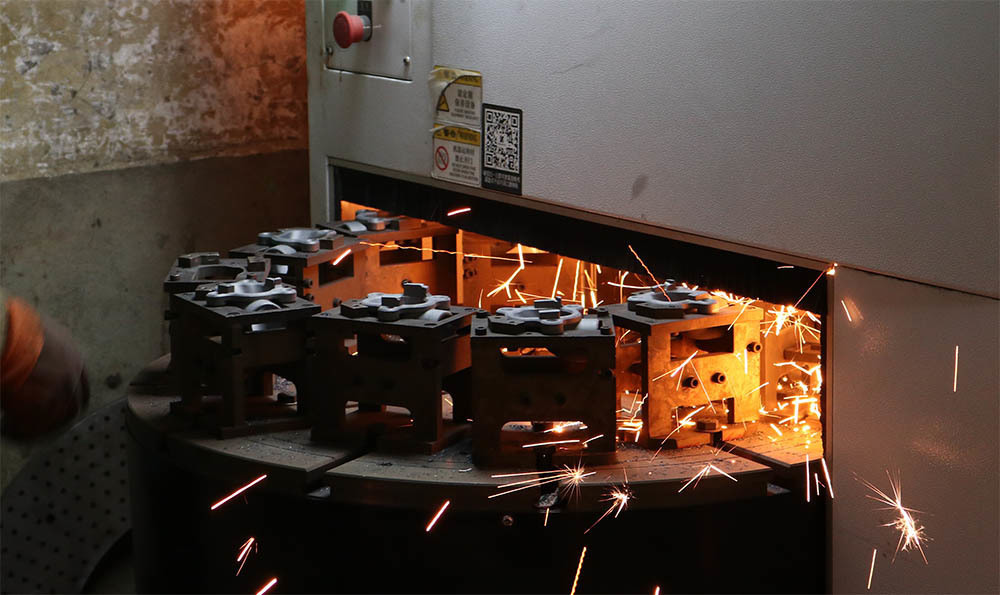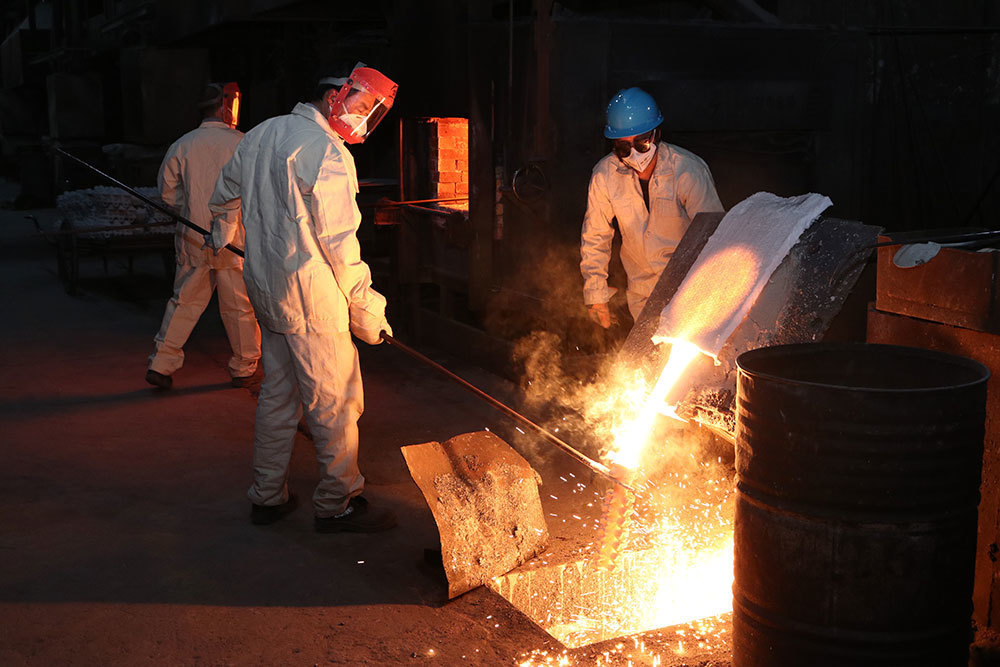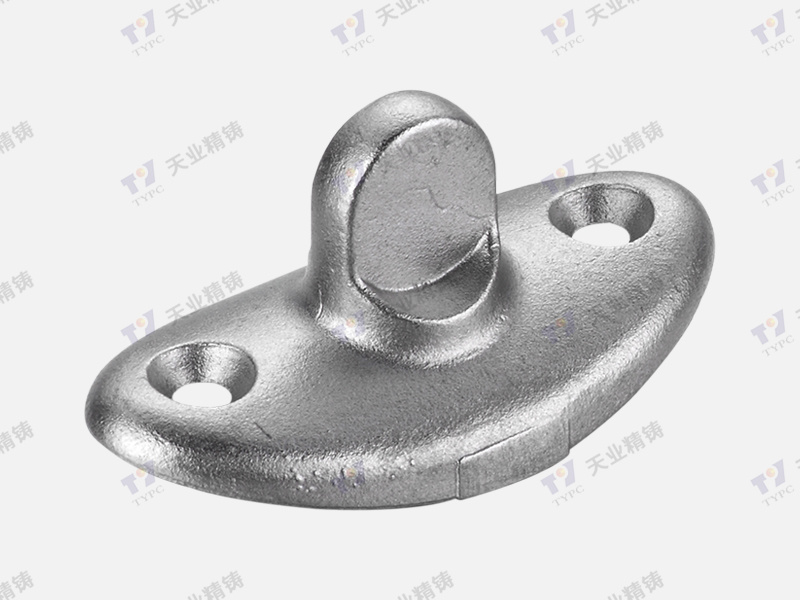2025-05-18
Unlocking the Potential of Copper Alloy Castings in Industrial Applications
Copper alloy castings are a crucial component in the realm of industrial equipment and general components, offering a unique blend of physical and mechanical properties that make them ideal for various applications. These castings are primarily made from copper mixed with other metals, such as zinc, tin, or nickel, resulting in enhanced characteristics like improved corrosion resistance, increased strength, and better wear properties.
One of the standout features of copper alloy castings is their excellent thermal and electrical conductivity. This property makes them particularly advantageous in industries where efficient heat transfer and electrical performance are critical, such as in electrical connectors, heat exchangers, and motors. The ability to conduct electricity effectively makes copper alloy castings ideal for electrical applications, while their thermal conductivity ensures efficient heat dissipation in high-temperature environments.
In terms of mechanical properties, copper alloys exhibit a good balance of strength and ductility. This balance allows for the production of components that can withstand significant stress without failure. For instance, castings made from brass, a popular copper alloy, offer enhanced strength and hardness compared to pure copper, making them suitable for applications in construction and automotive industries where durability is essential.
Moreover, the versatility of copper alloy castings allows them to be easily machined and fabricated, enabling manufacturers to create complex geometries that meet specific design requirements. This ease of fabrication, combined with the alloys' corrosion resistance, means that copper alloy castings can be tailored for both aesthetic and functional purposes in various industrial settings.
Another important consideration is the sustainability aspect of copper alloy castings. Copper is a highly recyclable material, and the recycling process retains most of its properties, making it an environmentally friendly choice for manufacturers. By opting for copper alloy castings, companies can not only benefit from the alloys' performance characteristics but also contribute to a more sustainable industrial practice.
In conclusion, copper alloy castings represent a valuable option for professionals in the industrial equipment and components sector. Their superior thermal and electrical conductivity, mechanical strength, ease of fabrication, and sustainability make them an excellent choice for a wide range of applications. Understanding these benefits and effectively utilizing copper alloy castings can lead to improved performance and longevity of industrial components, ultimately enhancing operational efficiency and competitiveness in the market.
One of the standout features of copper alloy castings is their excellent thermal and electrical conductivity. This property makes them particularly advantageous in industries where efficient heat transfer and electrical performance are critical, such as in electrical connectors, heat exchangers, and motors. The ability to conduct electricity effectively makes copper alloy castings ideal for electrical applications, while their thermal conductivity ensures efficient heat dissipation in high-temperature environments.
In terms of mechanical properties, copper alloys exhibit a good balance of strength and ductility. This balance allows for the production of components that can withstand significant stress without failure. For instance, castings made from brass, a popular copper alloy, offer enhanced strength and hardness compared to pure copper, making them suitable for applications in construction and automotive industries where durability is essential.
Moreover, the versatility of copper alloy castings allows them to be easily machined and fabricated, enabling manufacturers to create complex geometries that meet specific design requirements. This ease of fabrication, combined with the alloys' corrosion resistance, means that copper alloy castings can be tailored for both aesthetic and functional purposes in various industrial settings.
Another important consideration is the sustainability aspect of copper alloy castings. Copper is a highly recyclable material, and the recycling process retains most of its properties, making it an environmentally friendly choice for manufacturers. By opting for copper alloy castings, companies can not only benefit from the alloys' performance characteristics but also contribute to a more sustainable industrial practice.
In conclusion, copper alloy castings represent a valuable option for professionals in the industrial equipment and components sector. Their superior thermal and electrical conductivity, mechanical strength, ease of fabrication, and sustainability make them an excellent choice for a wide range of applications. Understanding these benefits and effectively utilizing copper alloy castings can lead to improved performance and longevity of industrial components, ultimately enhancing operational efficiency and competitiveness in the market.









